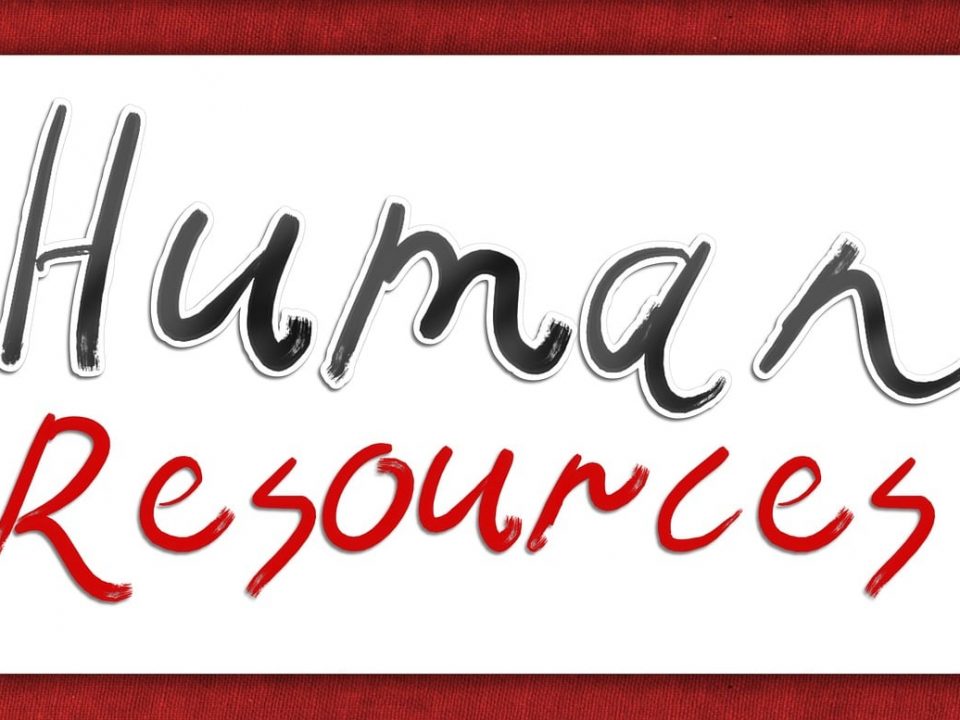BSBLDR502 Building and Maintaining Effective Workplace Relationships: Strategies for Leaders and Managers

BSBLDR502 Lead and manage effective workplace relationships.
As per the BSBLDR502 course guidelines, establishing and maintaining effective workplace relationships is crucial for the success of any organisation. These relationships can impact employee engagement, productivity, job satisfaction, and organisational culture. As a result, leaders and managers must have the skills and knowledge to lead and manage effective workplace relationships.
Effective workplace relationships involve building trust, promoting open communication, fostering teamwork, managing conflicts, and ensuring a respectful and inclusive work environment. Leaders and managers who create and maintain such relationships can improve employee morale, reduce turnover, and increase the organisation’s bottom line.
The BSBLDR502 lead and manage effective workplace relationships requires leaders and managers must understand and navigate the complexities of interpersonal dynamics, including different personalities, communication styles, and cultural backgrounds. They must also be able to establish clear expectations, provide constructive feedback, and recognise and reward performance.
Overall, effective workplace relationship management is essential for leaders and managers to master. It can help them build a strong, cohesive team, improve organisational performance, and create a positive work environment.
Significant factors associated with BSBLDR502 Leading and managing effective workplace relationships
Building trust and rapport
Trust is the foundation of any successful relationship, including those in the workplace. Leaders and managers must build trust with their employees by being honest, transparent, and consistent in their actions and communication. Trust also involves showing empathy, active listening, and following through on commitments. Leaders and managers should also create opportunities for employees to build trust by encouraging teamwork, promoting open communication, and providing a safe and inclusive work environment.
Fostering effective communication
Effective communication is essential to building and maintaining workplace relationships. Leaders and managers need to ensure that they communicate clearly, actively listen, and provide feedback. They should also encourage employees to communicate openly and honestly and provide opportunities for employees to share their thoughts and ideas. Effective communication also involves recognising and addressing communication barriers, such as language or cultural differences, and providing training or support when necessary.
Managing conflicts
Conflicts are inevitable in any workplace, but leaders and managers can manage them effectively by addressing them promptly and respectfully. This BSBLDR502 course involves understanding the root cause of the conflict, actively listening to all parties involved, and finding a mutually beneficial solution. In addition, leaders and managers should establish clear conflict resolution policies and procedures and ensure all employees understand and follow them.
Fostering teamwork and collaboration
Effective workplace relationships involve teamwork and collaboration. Leaders and managers must encourage and facilitate teamwork by establishing clear goals, providing support, and recognising and rewarding teamwork. They should also ensure that all employees have the opportunity to contribute to the team’s success, regardless of their position or background.
Ensuring a respectful and inclusive work environment
Leaders and managers are responsible for ensuring that the workplace is respectful and inclusive for all employees. This involves creating policies and procedures promoting diversity and inclusion, providing training and support to all employees, and addressing discriminatory behaviour. Leaders and managers should also promote a culture of respect and inclusivity by recognising and celebrating differences and creating a safe and supportive work environment for all employees.
People/ groups affected by leading and managing effective workplace relationships
Leaders and managers:
As per the BSBLDR502 course, Leaders and managers are directly responsible for building and maintaining effective workplace relationships. They are the ones who set the tone for the organisation’s culture and establish policies and procedures that promote effective communication, teamwork, and conflict resolution.
Employees:
The quality of workplace relationships directly impacts employees. They benefit from a positive work environment that promotes open communication, teamwork, and respect. In addition, effective workplace relationships can lead to increased job satisfaction, motivation, and engagement.
Customers/clients:
The quality of workplace relationships can also impact the experience that customers or clients have with the organisation. For example, employees with positive workplace relationships are more likely to provide better customer service and build stronger relationships with clients.
Stakeholders:
Stakeholders, including investors and shareholders, are interested in the organisation’s performance. Therefore, effective workplace relationships can improve organisational performance, benefiting stakeholders.
Society:
Workplace relationships can also have a broader impact on society. For example, when organisations promote diversity and inclusivity in the workplace, they can help to reduce discrimination and promote social justice. Positive workplace relationships can also contribute to a healthier and more positive work culture, which can positively impact society as a whole.
Summary
The ability to lead and manage effective workplace relationships as per the BSBLDR502 guidelines is crucial for the success of any organisation. Building trust, promoting effective communication, managing conflicts, fostering teamwork and collaboration, and ensuring a respectful and inclusive work environment are critical elements of effective workplace relationship management. Leaders and managers must establish clear expectations, provide constructive feedback, and recognise and reward performance for creating and maintaining such relationships. Effective workplace relationships can increase employee engagement, job satisfaction, and organisational performance, benefiting employees, customers/clients, stakeholders, and society. Leaders and managers are critical in establishing a positive work environment that promotes open communication, teamwork, and respect. By doing so, they can build a solid and cohesive team, improve organisational performance, and create a positive work culture that benefits all those involved.
FAQs
1. What is the impact of BSBLDR502 effective workplace relationships on organisational performance?
Effective workplace relationships can increase employee engagement, motivation, and job satisfaction, improving organisational performance. In addition, effective communication, teamwork, and conflict resolution can reduce turnover, improve customer service, and increase innovation and productivity.
2. How can leaders and managers foster effective communication in the workplace?
Leaders and managers can foster effective communication by communicating clearly, actively listening, and providing feedback. They should also encourage employees to communicate openly and honestly, recognise and address any communication barriers, such as language or cultural differences, and provide training or support when necessary.
3. What are some strategies for managing conflicts in the workplace?
As per the BSBLDR502 guidelines, leaders and managers can manage conflicts in the workplace by addressing them in a timely and respectful manner. This involves understanding the root cause of the conflict, actively listening to all parties involved, and finding a mutually beneficial solution. In addition, leaders and managers should establish clear conflict resolution policies and procedures and ensure all employees understand and follow them.
4. How can leaders and managers ensure a respectful and inclusive work environment?
Leaders and managers can ensure a respectful and inclusive work environment by creating policies and procedures promoting diversity and inclusion, providing training and support to all employees, and addressing discriminatory behaviour. They should also promote a culture of respect and inclusivity by recognising and celebrating differences and creating a safe and supportive work environment for all employees.
5. What is the role of effective workplace relationships in promoting social justice?
Effective workplace relationships can promote social justice by promoting diversity and inclusivity. When organisations create a safe and supportive work environment that values diversity and promotes open communication, they can help to reduce discrimination and promote social justice. As per the BSBLDR502 guidelines, effective workplace relationships can also contribute to a healthier and more positive work culture, which can have a broader impact on society.
Total Assignment Help
Incase, you are looking for an opportunity to work from home and earn big money. TotalAssignmenthelp Affiliate program is the best choice for you.
Do visit :https://www.totalassignment.com/affiliate-program for more details
Total Assignment help is an assignment help Online service available in 9 countries. Our local operations span across Australia, US, UK, South east Asia and the Middle East. With extensive experience in academic writing, Total assignment help has a strong track record delivering quality writing at a nominal price that meet the unique needs of students in our local markets.
We have specialized network of highly trained writers, who can provide best possible assignment help solution for all your needs. Next time you are looking for assignment help, make sure to give us a try.
Looking for Assignment Help from Top Experts ?
Get the best Assignment Help from leading experts from the field of academics with assured onetime, 100% plagiarism free and top Quality delivery.


